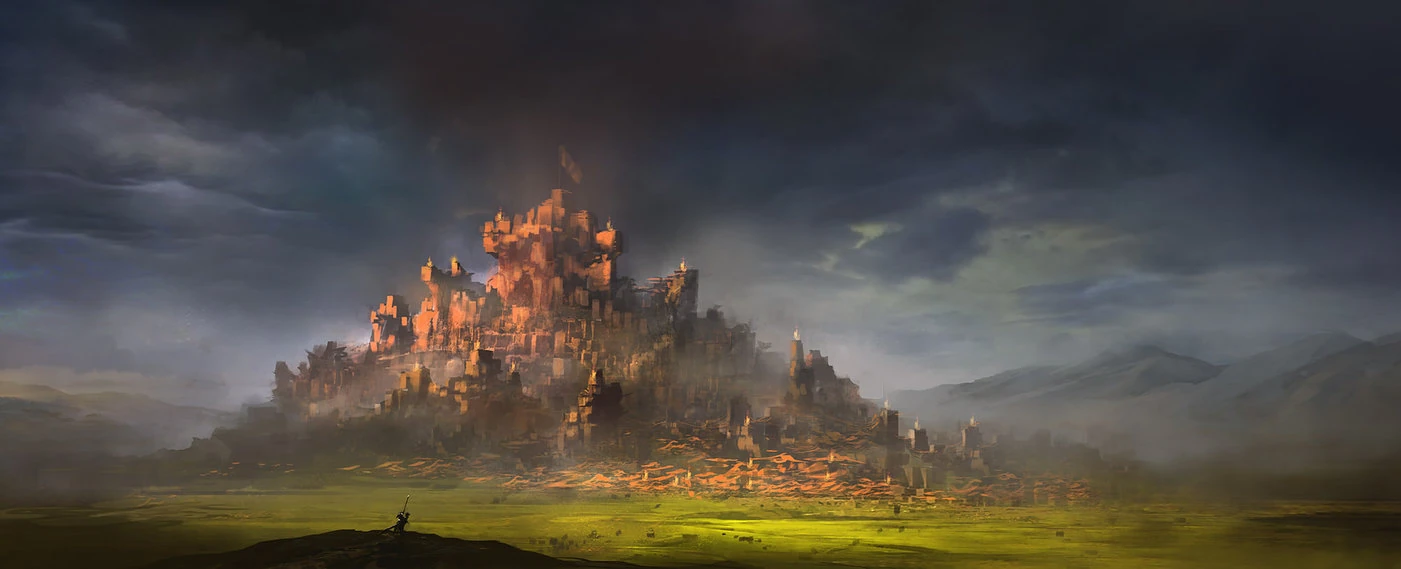Questions and answers from the Going Deeper thread.
Who are your people on good terms with? How about bad terms? Why?
The orcs of Tosk get along well with the goblins of Underhill. The two species resemble each other, but goblins physically smaller and weaker, and are subterranean and nocturnal besides. They get along due to the similarity of reactions from other free folk, and because they have little shared interests in territory.
They do not get along with the monks of the Stone Rose, a remote and largely unreachable land. The monks are pacifist, but practice the fighting arts for self-discipline and healthiness. They welcome, and protect, those who flee the orcs’ conquests. For their part, the monks see the orcs as barbaric savages. To the orcs, the monks are subversive spreaders of falsehoods about the Toskan empire.
What’s one thing your people have that no one else does?
Orc shamanism calls on animal spirits, raised up during ritual hunts. These spirits act as guards, messengers, and spies for orcish “drummers” (so named for the musical instrument they employ in their magical practices). Animal spirits will linger near sanctified relics of their physical bodies, such as the sabertooth fang knife Virens carries.
What is the political structure of your peoples’ society?
Described above.
What do your people most value? What do they least value?
The orcs value virtues, which they identify with the elements: fire for passion, water for progress, earth for reliability, air for openness. These virtues inform how they conduct business in the empire: they prefer directness, honestly, and integrity.
Orcs have little patience for sophistry or the cultured lies of more “advanced” societies, seeing them as an obstacle to real progress.
What is your people’s greatest accomplishment?
The Toskan warchief Mactus Gigas died in honorable single combat when an enemy general challenged him. During the fight, observers witnessed the two exchanging conversation as well as sword blows. When Mactus died at the general’s blade, she bowed to his body, then immediately surrendered herself and her kingdom to the orcs. The orcs took charge of affairs, driving away bandits and securing roads. This was the first of several human kingdoms to add themselves to the empire, the first time such a thing had happened without conquest, but not the last.
To this day, nobody knows what was said.
What is your largest city called, and what is it like?
Tosk, as described above.
